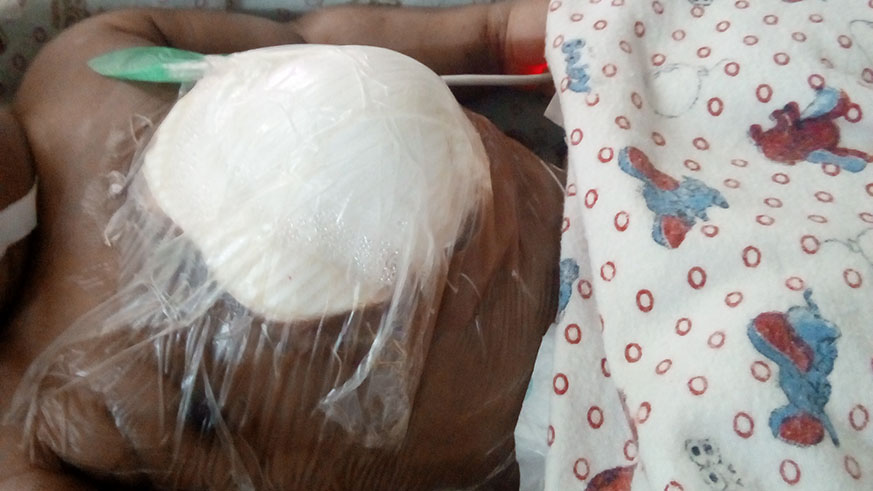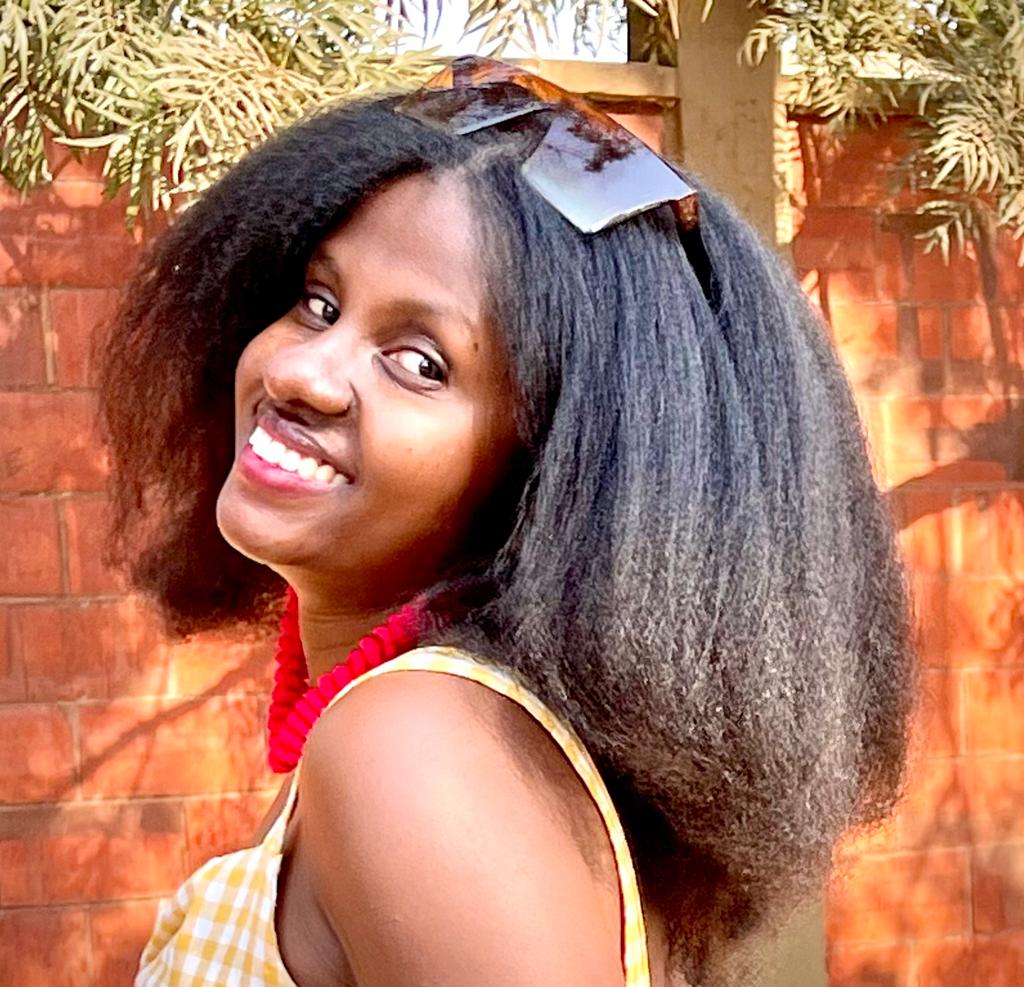

About three weeks ago, medics at the University Teaching Hospital of Kigali (CHUK) helped a woman deliver through C-section to a child with a rare disorder.
The newborn, a female, had its whole heart out, resting on the chest.
When the doctors broke the sad news to the mother, she was not so surprised because upon arrival for delivery, medics had noticed and informed her of something strange with the baby, after an ultra sound.
She was immediately transferred to Oshen King Faisal Hospital.
According to Dr Didace Mugisa, a cardiothoracic surgeon at Oshen King Faisal and the head of the team that carried out the operation, on close inspection, Dr Edmond Ntaganda, a paediatric surgeon, informed the team that the baby’s survival chances were very low.
"Since the heart didn’t have proper protection, the greatest fear was exposing it to infection or if the movements were not observed, it would twist the heart and the vessels that carry blood to the heart hence worsening the situation,” he said.
The good news, he observed, is that doctors at CHUK had tried to keep the heart moisturised and safe.
On Wednesday last week, the team of doctors was assembled for the operation at Oshen King Faisal, after conducting extensive research on the rare condition.
Mugisa said that they had to create space inside the baby’s chest to fit the heart inside after they created a bed in the upper part of the abdomen and covered it with an artificial skin tissue before closing it.
Despite the condition, baby had remained active with no other external body complications and fed well like any other normal child.
"The long-term treatment will involve growing a natural skin tissue where there is an artificial one so that after the skin has grown enough, we remove the artificial skin and use the natural one, he said.
The operation lasted between three and four hours and the baby was taken to ICU where she remains up to now, and according to the doctors, has been doing fairly well.
Dr Emmy Agabe Nkusi, the chief consultant Neurosurgeon at Oshen King Faisal noted that such cases of birth defects are not common since it is 5 to 7 cases in one million.
The doctors also noticed that the baby’s heart has two small holes but these, they said pause no serious threat to life since the more she grows, the holes will reduce.
Mugisa, however, warned that even when the baby grows, she will have special cases for instance, she won’t be able to play hard games like volleyball.
He called upon expectant mothers to have ante-natal follow up and screening to be aware of how their babies are developing, that way such cases can be detected early.
The Government, through Rwanda Social Security Board, contributed 90 per cent of the medical bill while Oshen King Faisal Hospital covered the remaining10 per cent.
Beata Mukandayisenga, the mother of the child, appreciated the support given to her by the Government and the hospital saying that she could not have afforded such much money for the operation.
The cost of the operation was not disclosed to The New Times
According to her, she has her fingers crossed because she had already lost two children; one to diarrhea and the other one to pneumonia.
The team that carried out the operation included, Dr Mugisa, Dr Nkusi, Dr Ntaganda, Dr Faustin Ntirenganya, a plastic surgeon and Dr Bonventure Uwineza, a paediatric anesthiologist.
editorial@newtimes.co.rw


